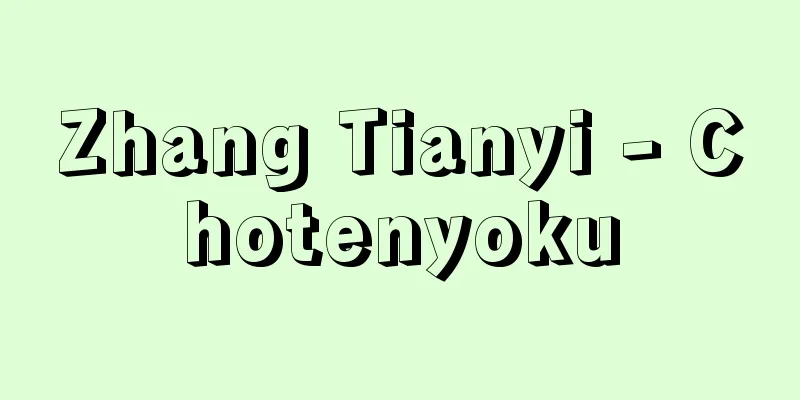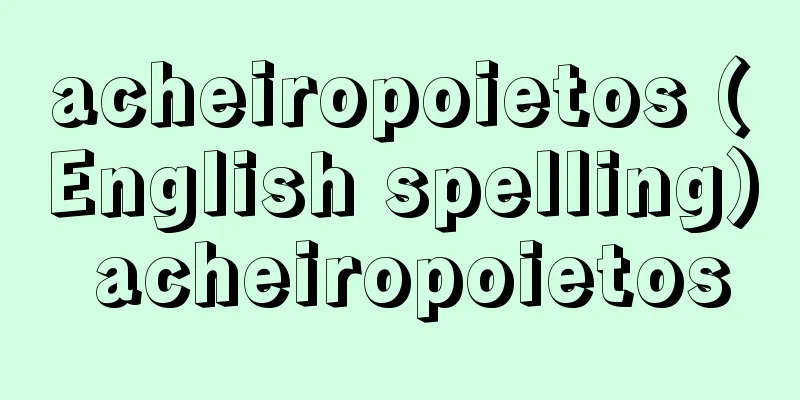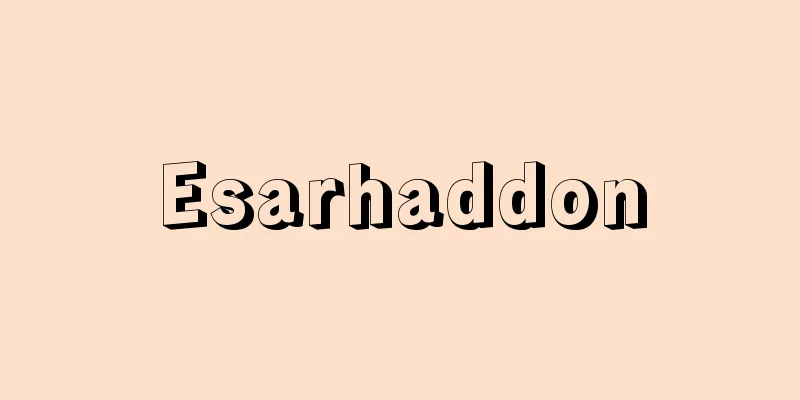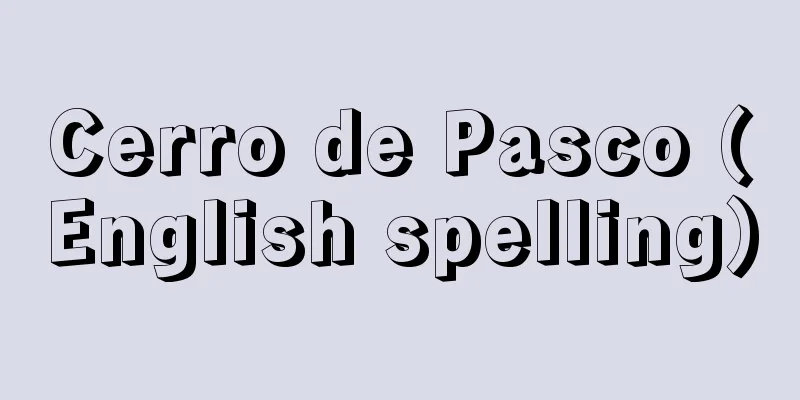Zhang Tianyi - Chotenyoku

|
Chinese novelist and children's writer. His real name was Zhang Yuanding, his pen name was Yizhi, and his pen names included Tiechihan. He was born in Hunan Province and was born in Nanjing to a fallen scholar-official. He started contributing to Li Pai Liu and other publications while in middle school in Hangzhou. He studied at Shanghai Art College and then at Beijing University, where he completely changed his view of literature, left his studies and returned to Hangzhou, where he worked in various jobs such as minor bureaucrat, deepening his understanding of the real world. In 1929, his Three and a Half Days Dream was recognized by Lu Xun. He was welcomed by the literary world for its fresh approach and rich subject matter, and in 1931 he joined the China Left Writers League. He consistently supported the revolutionary movement thereafter, and wrote about 100 works until he stopped writing in 1942 due to tuberculosis. He excelled at short stories, looked squarely at the lives of those at the bottom of society, satirized the petty bourgeoisie, and sharply criticized the darkness of society. His representative works include "Mr. Bao and Son" and "Mr. Hua Wei." After liberation, he edited "People's Literature," and his only works were children's literature and critiques, such as "The Secret of the Treasure Gourd." [Tatsuya Kondo] "The Treasure Gourd" (Iwanami Children's Library) by Shigeo Matsueda and Hisako Kimijima; "The Phantom Rich Bird" (1977, Taihei Publishing) by Zhang Tianyi, translated by Keiichi Ito and Tomoaki Shirota Source: Shogakukan Encyclopedia Nipponica About Encyclopedia Nipponica Information | Legend |
|
中国の小説家、児童文学者。本名張元定(ちょうげんてい)、号は一之(いっし)、筆名に鉄池翰(てつちかん)などがある。湖南省出身。南京(ナンキン)で、没落した士大夫の子に生まれた。杭州(こうしゅう)の中学時代から『礼拝六(リーパイリユウ)』などに投稿。上海(シャンハイ)美術専門学校を経て北京(ペキン)大学に学び、ここで文学観を一新、学業を離れ杭州に戻り、小官吏などの職業を転々としながら実社会への認識を深めた。1929年『三日半の夢』が魯迅(ろじん)に認められた。手法の新鮮さと題材の豊富さで文壇から歓迎を受け、31年中国左翼作家連盟に参加、以後一貫して革命運動に同調、42年結核で筆を置くまで約100編の作品を書いた。短編に優れ、社会の底辺の人々の人生を正視し、小市民を風刺し、社会の暗黒を痛烈に批判する。代表作に『包氏父子(パオさんおやこ)』『華威(ホワウエイ)先生』など。解放後は『人民文学』の編集にあたり、著作は『宝の葫蘆(ひょうたん)の秘密』など児童文学と評論のみである。 [近藤龍哉] 『松枝茂夫・君島久子訳『宝のひょうたん』(岩波少年文庫)』▽『張天翼著、伊藤敬一・代田智明訳『まぼろしの金持ち鳥』(1977・太平出版社)』 出典 小学館 日本大百科全書(ニッポニカ)日本大百科全書(ニッポニカ)について 情報 | 凡例 |
<<: Asashima Ruins - Chotou Iseki (English name) Chodo-yujŏk
>>: Superconducting generator - chodendohatsudenki (English spelling)
Recommend
Padmaprabhrtaka (English spelling)
…The courtroom scene in the ninth act is particul...
Kienböck, R.
…The main lesion is avascular necrosis of the lun...
Broker - Broker (English spelling)
A broker is an independent third party who acts a...
Lactuca sativa - Lactuca sativa
It is a biennial plant of the Asteraceae family (...
Cavitation number
...When it occurs in a vortex, it becomes a long,...
Delta - Sankakusu (English spelling) delta
A landform formed when sand and mud carried by ri...
Moldovan - Moldovan (English spelling)
A Romance language with over 2 million speakers, m...
The Enfants du Paradis (English: The Enfants in the Paradis)
A French film from 1945. It was released in Japan...
Curia regis (English spelling)
The term means "King's Assembly" in ...
Fukushoji Temple
This is a Soto Zen temple located in Ikenoue-cho, ...
Arts and Crafts Exhibition Association
…Other organizations based on similar ideas were ...
Vitis ficifolia (English spelling)
…[Murata Gen]. … *Some of the terminology that me...
Emanuel Hirsch
Born: June 14, 1888 in Bent Bisch [Died] July 17, ...
German Social Democratic Party
Successor to the Socialist Workers' Party of G...
Majuro Island (English spelling)
An atoll in the southeast of the Republic of the M...




![Maruseppu [town] - Maruseppu](/upload/images/67ccec077e4c0.webp)




